to John Logan
1
I wonder how many old men last winter
Hungry and frightened by namelessness prowled
The Mississippi shore
Lashed blind by the wind, dreaming
The police remove their cadavers by daybreak
And turn them in somewhere.
Where?
How does the city keep lists of its fathers
Who have no names?
By Nicollet Island I gaze down at the dark water
So beautifully slow.
And I wish my brothers good luck
And a warm grave.
2
The Chippewa young men
Stab one another shrieking
Jesus Christ.
Split-lipped homosexuals limp in terror of assault.
High school backfields search under benches
Near the Post Office. Their faces are the rich
Raw bacon without eyes.
The Walker Art Center crowd stare
At the Guthrie Theater.
3
Tall Negro girls from Chicago
Listen to light songs.
They know when the supposed patron
Is a plainclothesman.
A cop’s palm
Is a roach dangling down the scorched fangs
Of a light bulb.
The soul of a cop’s eyes
Is an eternity of Sunday daybreak in the suburbs
Of Juárez, Mexico.
4
The legless beggars are gone, carried away
By white birds.
The Artificial Limbs Exchange is gutted
And sown with lime.
The whalebone crutches and hand-me-down trusses
Huddle together dreaming in a desolation
Of dry groins.
I think of poor men astonished to waken
Exposed in broad daylight by the blade
Of a strange plough.
5
All over the walls of comb cells
Automobiles perfumed and blindered
Consent with a mutter of high good humor
To take their two naps a day.
Without sound windows glide back
Into dusk.
The sockets of a thousand blind bee graves tier upon tier
Tower not quite toppling.
There are men in this city who labor dawn after dawn
To sell me my death.
6
But I could not bear
To allow my poor brother my body to die
In Minneapolis.
The old man Walt Whitman our countryman
Is now in america our country
Dead.
But he was not buried in Minneapolis
At least.
And no more may I be
Please god.
7
I want to be lifted up
By some great white bird unknown to the police,
And soar for a thousand miles and be carefully hidden
Modest and golden as one last corn grain,
Stored with the secrets of the wheat and the mysterious lives
Of the unnamed poor.
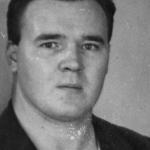




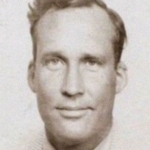


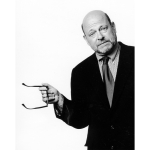





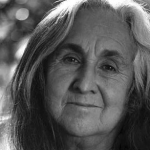
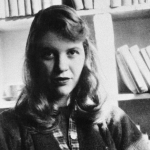
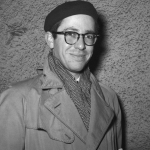

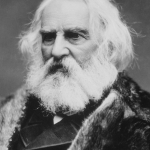
Comment form: